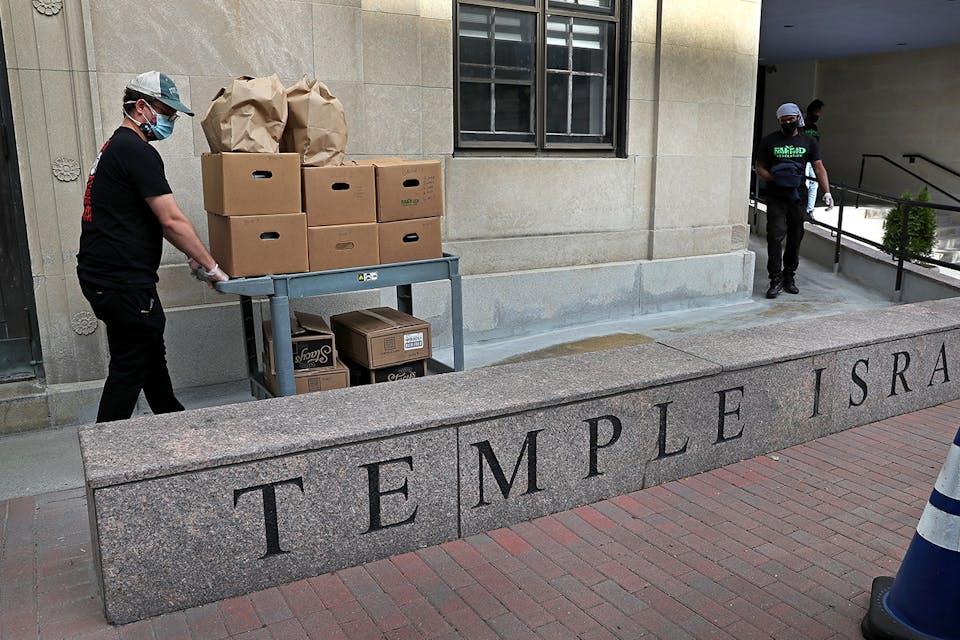
October 19, 2020
Daniel Gordis’s Hapless Americans Aren’t Quite so Hapless
Awareness of tragedy and evil doesn't necessarily engender vigor and resilience—it can just as plausibly nurture fatalism and a sense of helplessness.
In “How America’s Idealism Drained Its Jews of Their Resilience,” Daniel Gordis holds that American Jewry suffers from not being resilient in crisis. He offers two reasons. One is that popular American culture is largely predicated on unearned optimism and is thus unprepared for bad outcomes or intractable challenges and hostility; Jews who think this way are at a loss when confronted by perennial hatred and violence against them. The other is that liberal trends in Judaism have downplayed the particularistic elements in Judaism in the name of universalism. In North America it is Orthodoxy that has preserved a more realistic awareness of living in a difficult and often tragic world and it is Orthodoxy that has sustained the traditional awareness of the glory and danger inseparable from Jewish singularity. As for Israel, Gordis is willing to treat non-Orthodox Jews together with the Orthodox.
I heartily agree with both theses, but only up to a point. True, the refusal to take the existence and impact of evil seriously has blinded much of American culture, not least political and intellectual elites, to unpleasant realities and threats. And the tendency of American Jews to minimize their lonely distinctiveness in their enthusiasm for broader progressive concerns compounds their blindness. At the same time, I cannot subscribe to Gordis’s position without qualifying it in significant respects.
Some of Gordis’s evidence is indisputable. Non-Orthodox movements have indeed bowdlerized the liturgy, removing much about the Jewish experience of persecution and prayers for retribution, and censoring references to Jewish particularism in the name of universal concerns. This tendency is not new. In 1968, some fifty years ago, Jacob Petuchowski, a leading Reform scholar, published a still valuable history of the subject, Prayerbook Reform in Europe. The historical record, however, does not establish a causal connection between the watered-down liturgy and the alleged lack of resilience.
Responses to October ’s Essay

October 2020
The Problem of (Jewish) Positive Thinking
By Tara Isabella Burton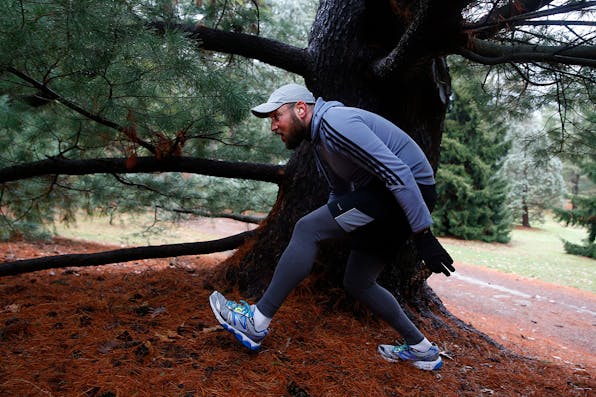
October 2020
Liberal Judaism Is Dedicated to Identity Formation, Not a Religious Worldview
By John Moscowitz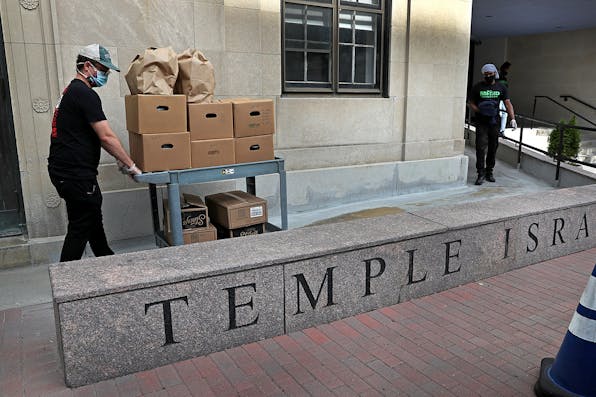
October 2020
Daniel Gordis’s Hapless Americans Aren’t Quite so Hapless
By Shalom Carmy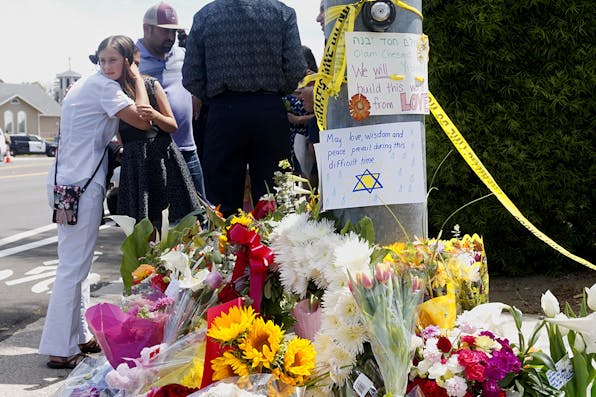
October 2020
Young American Jews Still Hunger for Meaning
By Bari Weiss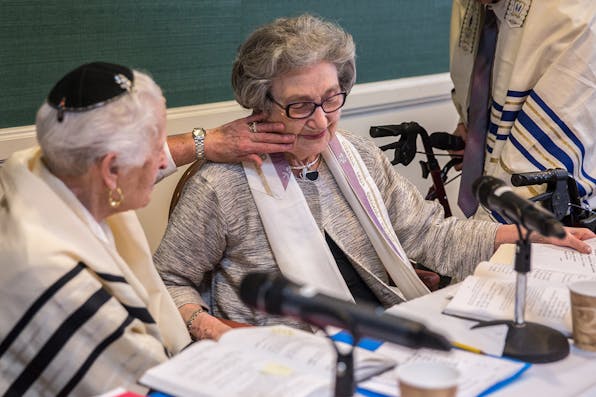
October 2020
Judaism Without Theology?
By Dr. Daniel Gordis